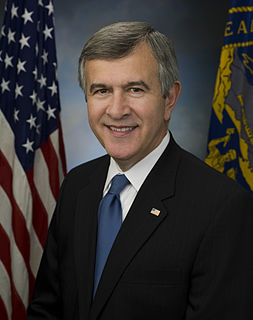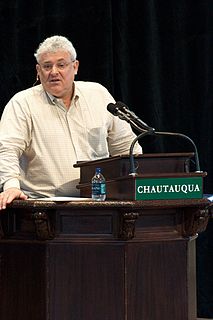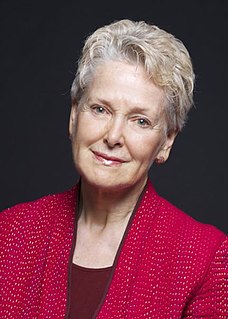A Quote by Nicholas Stern
Science and policy-making thrive on challenge and questioning; they are vital to the health of inquiry and democracy.
Related Quotes
Real inquiry is a tremendous moral transforming force. It's not just questioning and looking for a quick answer or explanation, but the process of inquiry-of questioning, of opening-opens something in the human being which has not been touched in our culture. Everybody who is human has in themselves the potential of passionate inquiry after truth, and that's the transforming force.
That kind of skeptical, questioning, "don't accept what authority tells you" attitude of science - is also nearly identical to the attitude of mind necessary for a functioning democracy. Science and democracy have very consonant values and approaches, and I don't think you can have one without the other.
Our relationship with sleep is currently in crisis, but we're also living in a golden age of sleep science - revealing all the ways in which sleep and dreams play a vital role in our decision-making, emotional intelligence, cognitive function, and creativity. Every week, new research reveals how vital sleep is to our health, happiness, job performance, and relationships.
Foreign policy is now a huge field. It isn't just people who are studying political science. There are so many aspects to it in terms of understanding hard science for people who are studying climate change, or people who are interested in health policy or food security, or people who care about education.
We know that when people are civically engaged, when they understand what their rights are, when they understand that in a democracy you can challenge governments, you can challenge policymakers, and you can... actually shape and form future policy, I think it changes the perception that a lot of young people have about where power is.
The values of science and the values of democracy are concordant, in many cases indistinguishable. Science and democracy began - in their civilized incarnations - in the same time and place, Greece in the seventh and sixth centuries B.C. . . . Science thrives on, indeed requires, the free exchange of ideas; its values are antithetical to secrecy. Science holds to no special vantage points or privileged positions. Both science and democracy encourage unconventional opinions and vigorous debate. Both demand adequate reason, coherent argument, rigorous standards of evidence and honesty.
I'm not optimistic about reform in many, if any, policy areas at all. I think we'll make further progress by inventing new things that aren't much regulated yet and outracing bad policy. I look at so many policy areas - regulation, regulatory reform, health care reform - it's all failing, we're not making improvements, we're going backwards.
It was Reagan who began the realignment of American politics, making the Republicans into internationalist Jeffersonians with his speech in London at the Palace of Westminster in 1982, which led to the creation of the National Endowment for Democracy and the emergence of democracy promotion as a central goal of United States foreign policy.



































